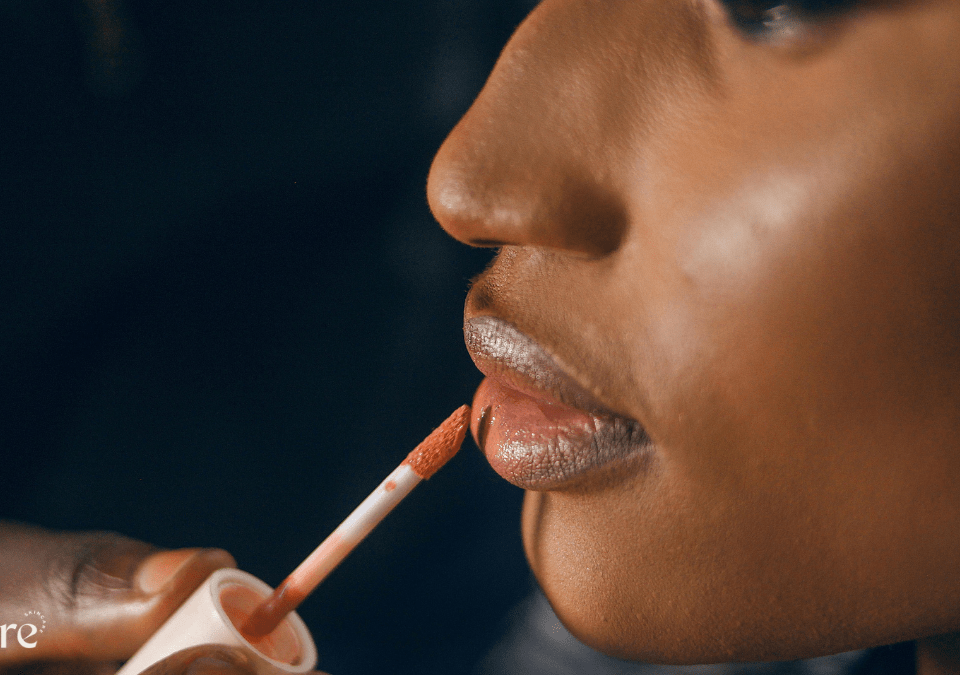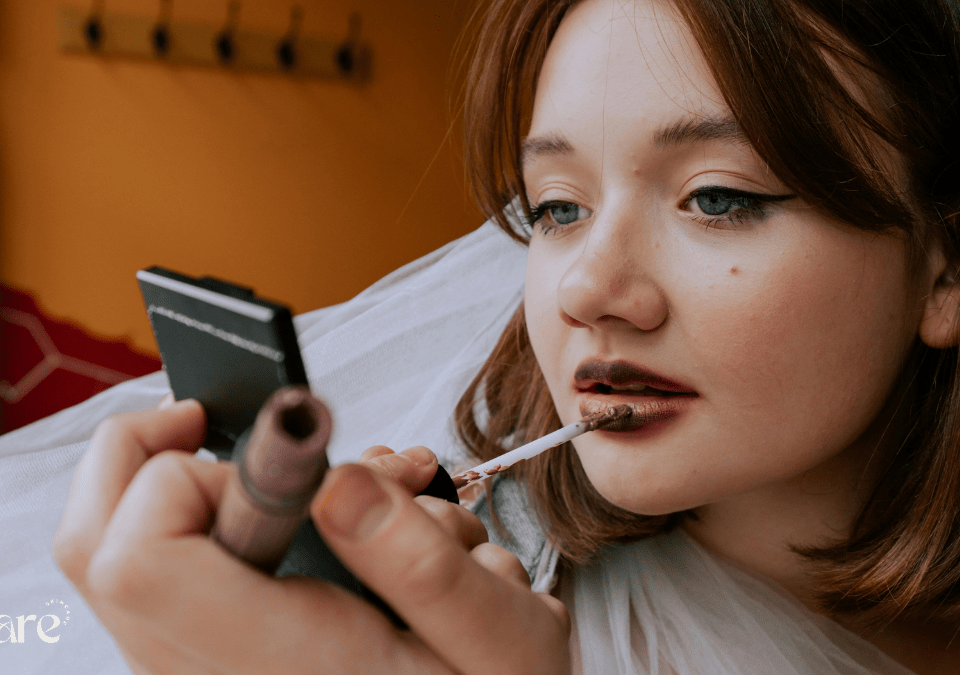Waterless skincare refers to beauty products made without water, offering higher potency, eco-friendly benefits, and better results for oily, dry, or acne-prone skin. Popular waterless skincare brands like Biossance and Herbivore Botanicals are available at Sephora, with many positive waterless skincare reviews praising their effectiveness. Whether you’re looking for the best waterless skincare or a new waterless skincare routine, this trend is worth exploring.
The Complete Guide to Waterless Skincare: Benefits, Brands, and How to Use It
Introduction to Waterless Skincare
In recent years, the beauty industry has seen a significant shift towards more sustainable and effective skincare solutions. One trend that’s been gaining tremendous momentum is waterless skincare. But what exactly does this term mean, and why should you consider incorporating it into your routine?
Waterless skincare refers to beauty products that are formulated without water as a primary ingredient. Instead of using H₂O as a base, these products rely on oils, butters, waxes, and powdered extracts to deliver active ingredients directly to your skin. This innovative approach offers several advantages over traditional water-based products, from increased potency to environmental benefits.
Why Waterless Skincare Matters Now More Than Ever
The concept of waterless beauty isn’t entirely new, but it’s become particularly relevant in today’s climate-conscious world. With increasing concerns about water scarcity and sustainability, many consumers are looking for ways to reduce their environmental impact through their beauty choices.
Traditional skincare products often contain 60-80% water, which serves as a cheap filler but provides little actual benefit to your skin. This water content not only dilutes active ingredients but also requires preservatives to prevent bacterial growth, which can be irritating for sensitive skin types.

The Science Behind Waterless Formulations
Waterless products work differently from their water-based counterparts. Without water as a base, formulators must use alternative delivery systems to ensure active ingredients penetrate the skin effectively. Many waterless products use plant oils, which are naturally rich in fatty acids that help strengthen the skin barrier.
These formulations often have smaller molecular structures that allow for better absorption. For example, a waterless vitamin C serum might use oil-soluble derivatives that are more stable and penetrate deeper than their water-soluble counterparts.
Top Benefits of Waterless Skincare
- Higher Concentration of Active Ingredients
Without water diluting the formula, you get more of the good stuff in every application. This means potentially faster and more noticeable results. - Reduced Environmental Impact
Waterless products require less packaging (many come in solid forms) and eliminate the need for water in production, making them more sustainable. - Longer Shelf Life
Bacteria need water to grow, so waterless products naturally stay fresh longer without needing harsh preservatives. - Better for Sensitive Skin
Fewer preservatives and stabilizers mean less potential for irritation. - More Travel-Friendly
Many waterless products come in solid or concentrated forms that won’t spill in your luggage.
How to Identify Quality Waterless Products
Not all waterless skincare is created equal. Here’s what to look for when shopping:
- Check the ingredient list – water (aqua) shouldn’t appear in the first few ingredients
- Look for recognizable, high-quality plant oils and butters
- Prefer products with minimal, clean preservative systems
- Consider the packaging – many waterless brands use recyclable or biodegradable materials
Building a Waterless Skincare Routine
Transitioning to waterless skincare doesn’t have to be overwhelming. Here’s how to build an effective routine:
Morning:
- Cleanse with a waterless cleansing balm or oil
- Apply a concentrated serum (look for oil-based vitamin C or niacinamide)
- Moisturize with a waterless cream or facial oil
- Protect with a mineral sunscreen (many waterless options available)
Evening:
- Double cleanse with a waterless oil cleanser followed by a mild exfoliant
- Treat with a waterless retinol or treatment serum
- Nourish with a rich waterless night cream or sleeping mask
Addressing Common Skin Concerns with Waterless Products
For Acne-Prone Skin:
Waterless doesn’t mean oil-heavy. Look for products with:
- Tea tree oil (natural antibacterial)
- Salicylic acid (oil-soluble BHA)
- Zinc oxide (oil-soluble and calming)
For Dry Skin:
Waterless products can be incredibly nourishing:
- Shea butter-based creams
- Marula or argan oil serums
- Honey-infused balms
For Oily Skin:
Contrary to what you might think, waterless can work well:
- Squalane-based moisturizers
- Clay-infused solid cleansers
- Powder-to-foam cleansers
The Future of Waterless Beauty
The waterless movement is evolving rapidly with innovations like:
- Powdered cleansers and masks that activate with water
- Solid serums and moisturizers
- Waterless sheet masks infused with concentrated serums
- Refillable systems to minimize packaging waste
As consumers become more educated about ingredient efficacy and environmental impact, we can expect to see even more creative waterless solutions hitting the market.
Making the Switch: Tips for Beginners
If you’re new to waterless skincare, start slowly:
- Replace one product at a time (maybe your moisturizer first)
- Pay attention to how your skin responds
- Be patient – it may take time for your skin to adjust
- Don’t be afraid to layer products for optimal hydration
Remember that waterless doesn’t necessarily mean you should stop drinking water or washing your face! The concept applies to the product formulations themselves, not your overall skincare habits.
FAQ’s
1. Why is waterless skincare better?
It’s more concentrated, eco-friendly, and often free from unnecessary additives, making it ideal for stronger results.
2. What does “waterless beauty” mean?
It refers to products made without water, relying on oils, butters, and active ingredients instead.
3. Is Korean skincare waterless?
Some K-beauty brands are adopting waterless trends, but most traditional Korean skincare still uses water-based formulas.
4. Where can I buy waterless skincare?
Brands like Biossance, Farmacy, and Lush offer waterless options, available at Sephora and online.
5. Can waterless skincare help with acne?
Yes! Waterless skincare for acne often contains higher doses of acne-fighting ingredients like salicylic acid and tea tree oil.
Conclusion
Waterless skincare represents an exciting evolution in beauty, combining efficacy with environmental responsibility. While it may not be right for everyone, it’s certainly worth exploring if you’re looking for more potent products or want to reduce your beauty-related water footprint. The key is to find what works for your unique skin needs. With so many innovative options now available, there’s never been a better time to experiment with waterless formulations. Your skin – and the planet – might just thank you for it.
Follow More Articles Here:




